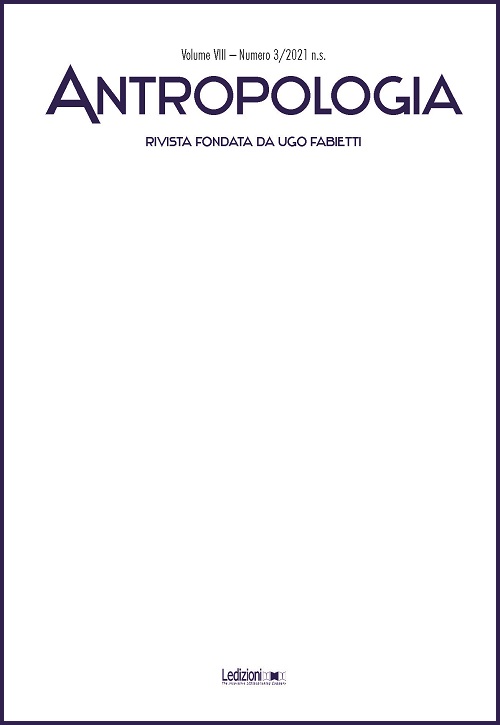“As if” but “Not quite” a State: Austerity, Healthcare, and Stateness in Northern Greece
DOI:
https://doi.org/10.14672/ada2021182627-46Keywords:
crisis, provisioning, solidarity, bureaucracy, sovereigntyAbstract
While the Greek economic crisis materialised in sweeping precarity and prolonged deprivation, in certain ways austerity also acted as a locomotive of hopeful transformation. The principles of “solidarity” frame forms of provisioning that seek to contain state retrenchment, ameliorate institutional exclusion, and carve egalitarian spaces. The Social Medical Practice of Xanthi, Northern Greece, accommodates those unable to access public healthcare and constitutes a “solidarity structure”. Yet, contrary to dominant iterations of “solidarity”, Xanthi’s social clinic is firmly embedded in bureaucratic authority and domination. The casting of institutional exclusion into provisional inclusion wields a power that is both modelled on the authority of the state and driven by the logic of the gift. “As if” a state, the clinic provides healthcare, but also generates experiences of exclusion. “Not quite” a state, the clinic occupies a moral high ground that appeals to pity and compassion. I suggest that the clinic’s “as if” and “not-quite-a-state” qualities are not incompatible, but rather speak to the heart of governmentality and sovereign power.
Downloads
Published
Issue
Section
License

This work is licensed under a Creative Commons Attribution 4.0 International License.
Authors maintain the copyright of their original work and grant the Journal the right to first publication, licensed after 36 months under a Creative Commons Licence – Attribution, which allows others to share the work by indicating the authorship and first publication in this journal.
Authors may agree to other non-exclusive licence agreements for the distribution of versions of their published work (for example in institutional archives or monographs) under the condition that they indicate that their work was first published in this journal.



